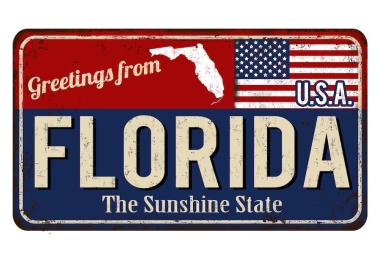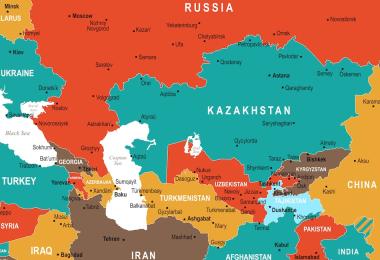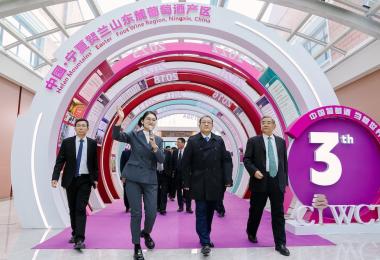Thanks to consolidation among distributors, it’s increasingly difficult for producers to attract the attention of importers. There is, however, another way for producers to get representation in the US – schmooze with key sommeliers as well as the buyers for chain restaurants and retailers who often attend ProWein, Vinexpo and Vinitaly. If these buyers fall in love with a wine, they may be able to, at minimum, convince an importer to meet with the producer. When importers and distributors run into their major retail clients in exhibit halls, the question “Are you tasting anything interesting?” is often more than a casual one.
Angelo Martelli is wine buyer for Fairway Market, a New York area chain of food stores. “Will I ask an importer to try a wine?” he says. “Absolutely, I do it all the time.” When he finds such a producer, he may ask an importer with whom he already has a business relationship to bring in the wine on an exclusive basis – a practice known as clearing. “It can be a win-win for everyone,” Martelli says. “If the importer likes the wine, then he may want to represent it in other markets. I don’t care if it’s not in my demographics.”
Similarly, Jake Lewis, beverage director for Momofuku, David Chang’s now-international chain of restaurants, says, “We are always happy to see if we can find a fit – if we can have an exclusive on the wine for a while. Then the importer can open it up to the world, and this helps them build the brand.” This approach gives both the producer and the importer a few months to find additional customers, giving them some traction in the market after the exclusivity order becomes yesterday’s business. While an exclusive order is a thrill for a winery, it can prove to be a bitter experience if sales and interest cease once the exclusivity ends and the retailer moves on to other discoveries.
Another way retailers may get involved is to tell importers the kinds of wines they want. “We are all the time suggesting to importers types of wines we are looking for at particular price points,” says Erik Segelbaum, corporate wine director for Starr Restaurants, an East Coast chain. “I’m always searching for wines that could be sold by the glass or come in half-bottles.” If the importer does not already have something in their portfolio, then the search is on for producers.
However, Tom Geniesse, owner of Bottlerocket Wine & Spirit in New York City, says he is more likely to ask an importer to find a type of wine for him, rather than try to serve as matchmaker. “Asking an importer to help out a producer is asking a big favour, unless the importer is actively seeking the placement,” he says.
Linda Collier, owner of the boutique Collier’s wine shop in Centreville, Delaware, is known for having wines that no one else does, especially producer Champagnes, often working directly with the many small importers on the East Coast. “When I meet people out, and they don’t have a distributor, I always make a suggestion as to which one might actually work the best,” she says.








